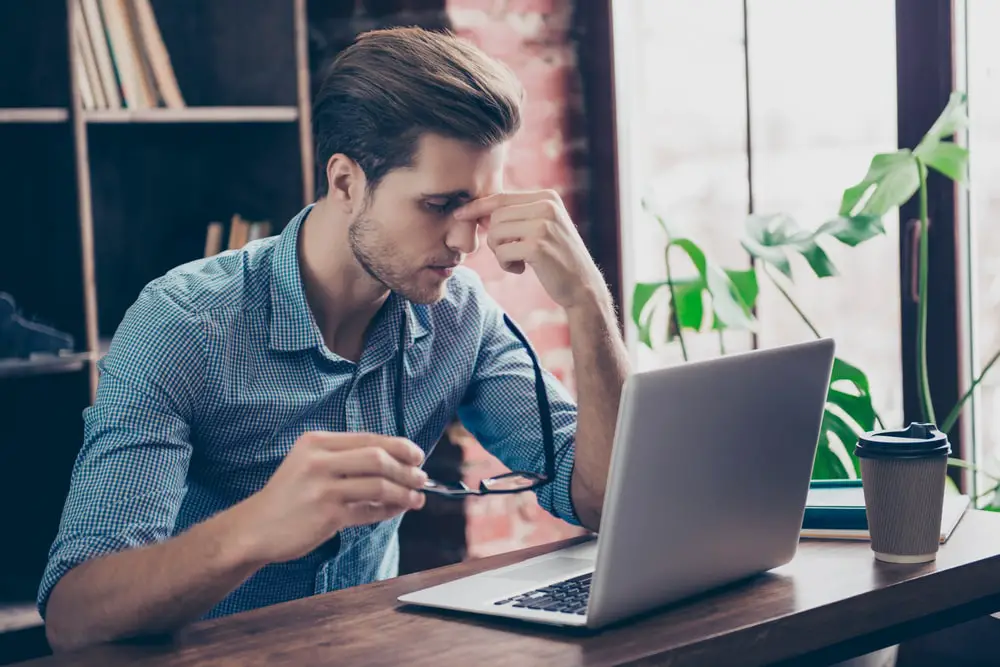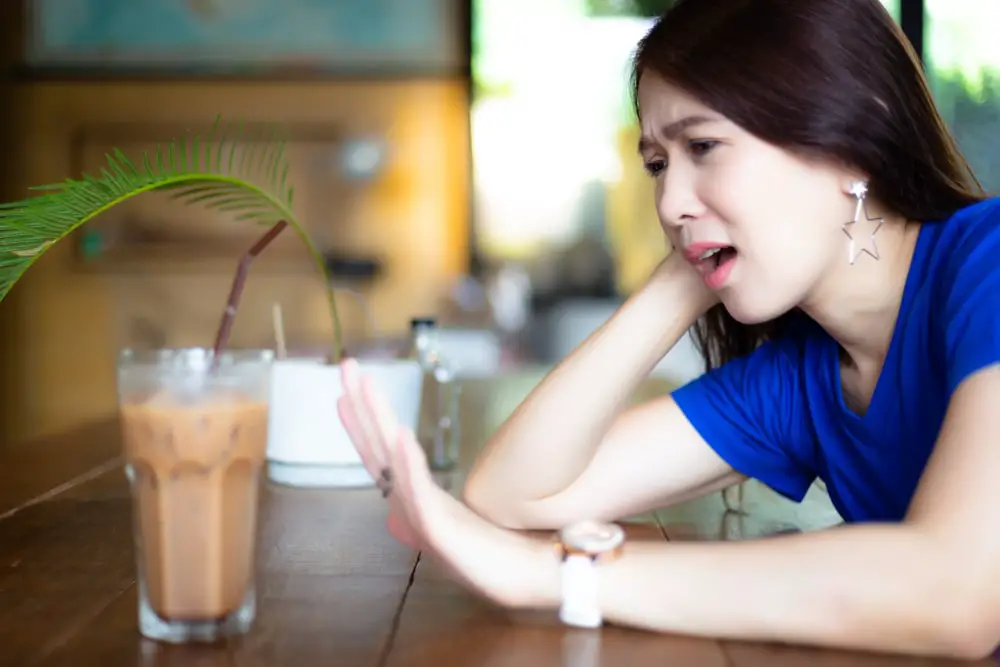Many individuals throughout the world appear to have developed the practice of waking up and sipping a cup of coffee every morning. This is because they believe that consuming a few cups of coffee every day can help them stay alert and work more efficiently.
Some people, however, cannot consume coffee because it causes them to have severe headaches and nausea. It’s funny how frequently coffee consumers may get the same problem. So, can coffee make you feel light-headed, and if so, why? What should I do if I’m dizzy after drinking coffee? Don’t worry, I’m here to help you. Let’s investigate all of these issues in this post.
What Are The Benefits And Drawbacks Of Coffee Consumption?
For many people in today’s world, coffee has become a common beverage. However, numerous studies show that this is one of the drinks that has both favorable and harmful impacts on coffee consumers’ health.
In terms of beneficial aspects, coffee can improve mental alertness, concentration, lower the risk of colorectal cancer, prevent Parkinson’s disease, gallstones, diabetes, and gout, among other things.

However, anything overdone has a bad side, and coffee, in particular, has detrimental health impacts such as:
– After drinking coffee, you may have headaches and nausea, as well as dizziness, lightheadedness, and other symptoms.
– Coffee beans are high in acid, which can cause stomach discomfort, irritation of the small intestinal lining, irritable bowel syndrome, diarrhea, and other digestive problems.
– Coffee can raise blood cholesterol levels, raising the risk of developing or contracting a cardiovascular disease, particularly in the elderly.
– Coffee consumption can cause heartburn and acid reflux by relaxing the lower esophageal sphincter.
What Gives Me A Headache When I Drink Coffee?
Caffeine is the primary element in coffee, and while the amount is minimal (approximately 1-5 percent), it has been shown to have a powerful effect on consumers. A cup of coffee typically includes 80-100 mg of caffeine.
Tea, coffee, and cocoa plants all contain caffeine, a natural stimulant. They keep individuals alert and prevent weariness by activating the brain and central nervous system. The stimulant was initially discovered by an Ethiopian shepherd who noticed that it gave his goats more energy. More than three-quarters of the world’s population now consumes a caffeine-containing product on a daily basis, with adult consumption in North America reaching 90 percent. Caffeine is classified as both a food additive and a medication by the United States Food and Drug Administration (FDA).
Coffee consumption can cause headaches and dizziness, especially in those who do not consume coffee regularly or who are sensitive or allergic to it.

As a result, headaches, migraines, nausea, and even vertigo, dizziness, weariness, heart palpitations, and restlessness are explained by the fact that after drinking coffee, the quantity of caffeine in the coffee will increase and swiftly act on the neurological system. They cause the body to create stress hormones including norepinephrine, cortisol, and adrenaline, among others. These hormones produce fast pulse, high blood pressure, and cerebral vasomotor abnormalities, which result in discomfort sensations including headaches and nausea.
The chance of migraine headaches and nausea after drinking coffee is considerable for individuals who have or have a history of illnesses of the neurological system of the brain, such as cerebral vasomotor disorders, migraine, chronic headache, and so on. The frequency and severity of migraine attacks will also increase. As a result, specialists frequently advise individuals with migraines to avoid stimulant-containing foods and beverages like coffee.
How Can I Avoid Getting A Headache From Coffee?
After drinking coffee, the symptoms of migraine headaches and nausea can be relieved in a simple and self-help manner.
Stop Drinking Coffee And Think About How Much You Drank That Day.
According to Mayo Clinic, we should not consume huge amounts of coffee, with 400 mg (about 4 cups) per day being safe. Drinking more than this can have a variety of negative consequences, including an increased risk of dizziness. Once you’ve established your tolerance level, try not to exceed it. You may have an occasional cup of coffee without losing your balance if you carefully regulate your caffeine consumption.
The same is true with energy drinks. Caffeine in these beverages can cause sleeplessness, anxiety, irritability, increased blood pressure, and the feared tremors that come with dizziness.
If you have a headache after drinking coffee, quit drinking right away. This is because it’s an indication that your body has had an adverse reaction to coffee. As a result, you should minimize or skip coffee completely the following time.
Increase Your Water Intake.
Coffee is a stimulant as well as a diuretic, meaning it dehydrates and drains your body. Therefore, whenever coffee makes me dizzy and lightheaded, I often take a glass of water and drink it. By increasing my water consumption, I can alleviate my headache symptoms.

You should restrict stimulant drinks like alcohol, beer, and carbonated drinks, in addition to consuming lots of water. After that, relax by sitting or lying down in a comfortable posture. Noise and light are additional factors of aggravation of the disease, therefore prefer calm areas and dark rooms.
Before You Drink Coffee, Eat Something.
Before drinking coffee, you should eat something to fill your stomach. It’s possible that not eating a full meal before an espresso is causing your heart to race and the room to spin. I find that simply having a sausage, egg, and cheeseburger is sufficient to relax my body.
Final Thought
Obviously, the negative effects of coffee are minor in comparison to the benefits it provides when consumed at the proper amount and dose. Congratulations if you can drink a bucket of coffee without being impacted; nonetheless, you should never drink more than you are permitted in a day. Stop drinking coffee and switch to alternative wake-up beverages like tea if you can only drink half a cup and instantly feel the harmful effects of caffeine.
Happy sipping your coffee and see you in my next posts.